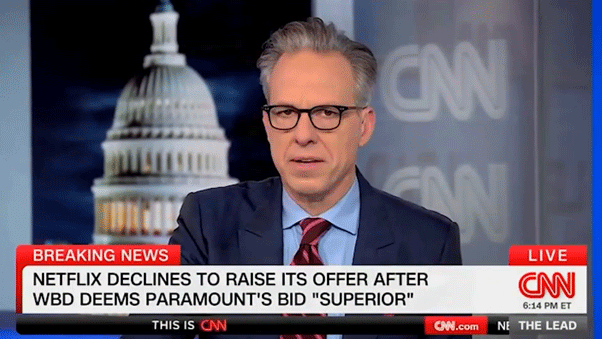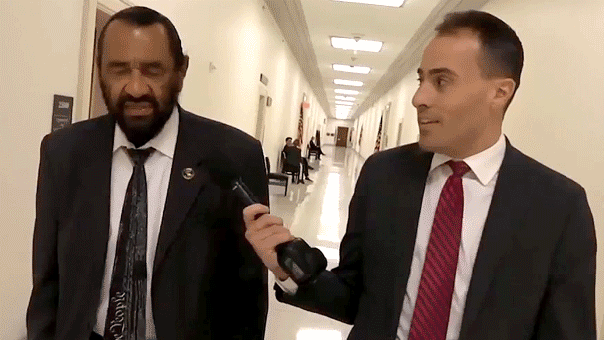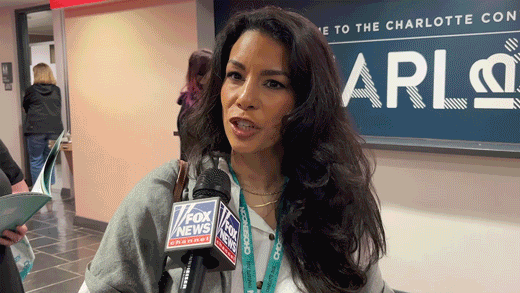Vladimir Putin is laughing at the Biden administration: Charlie Hurt
Fox News contributor tells Laura Ingraham that Vladimir Putin is sitting back laughing at the Biden administration.
Facebook and Instagram are facing intense backlash over an explosive report that shows the two platforms are set to "temporarily" allow calls for violence against Russian soldiers and Russian President Vladimir Putin during the ongoing crisis in Ukraine.
Reuters reported Thursday that users of the two Meta platforms "in some countries" can fuel violent rhetoric against Russians "in the context of the Ukraine invasion," according to internal emails obtained by the news wire service. The emails specify that calls for violence against Russian soldiers were permitted since they are "used as a proxy for the Russian military."
In emails to Meta's content moderators, Reuters alleged the company is "also temporarily allowing some posts that call for death to Russian President Vladimir Putin or Belarusian President Alexander Lukashenko in countries including Russia, Ukraine and Poland."
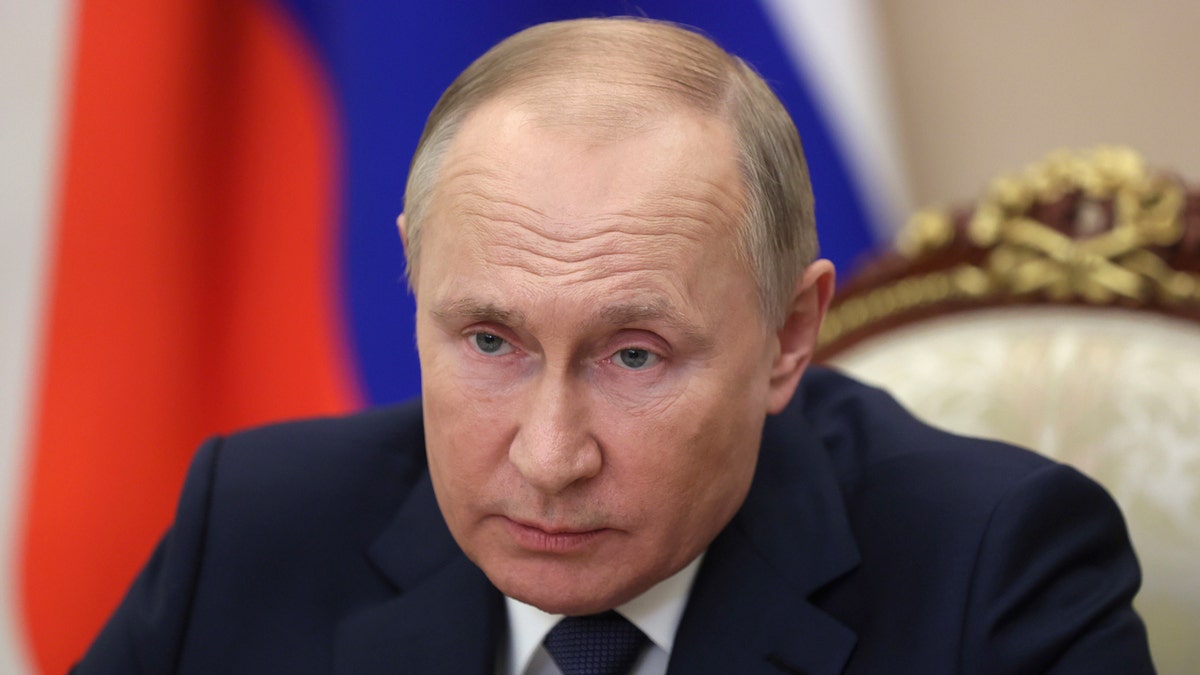
Russian President Vladimir Putin holds a video conference to address participants in a congress of the United Russia party marking the 20th anniversary of the party founding, in Moscow, Russia, Saturday, Dec. 4, 2021. (Mikhail Metzel, Sputnik, Kremlin Pool Photo via AP) ((Mikhail Metzel, Sputnik, Kremlin Pool Photo via AP)
According to Reuters' reporting, posts calling for Putin and Lukashenko's deaths will be allowed "unless they contain other targets or have two indicators of credibility, such as the location or method." The posts also must be "clearly talking about the invasion of Ukraine," per the report.
The countries the policy reportedly applies to are Latvia, Lithuania, Estonia, Poland, Slovakia, Hungary, Romania, Russia and Ukraine.
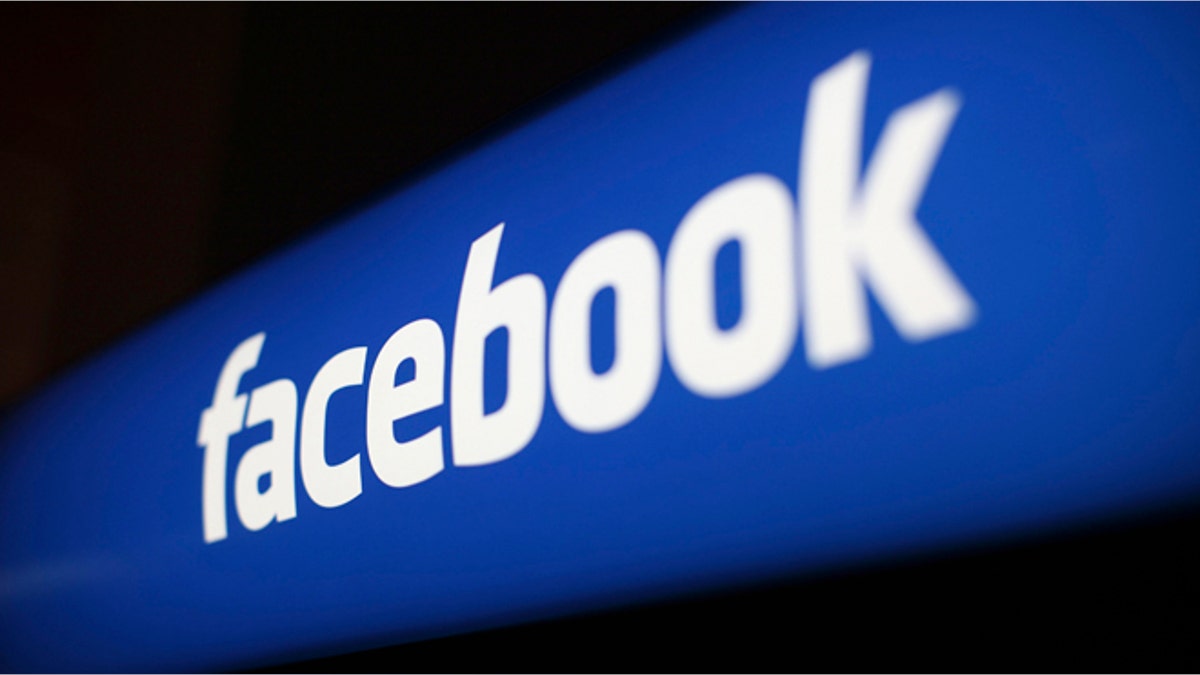
The Facebook logo is pictured at the Facebook headquarters in Menlo Park, California. (Reuters)
Meta's temporary policy shift faced swift backlash on social media.
"What the actual f--- is wrong with the world?" Tablet Magazine's Noam Blum reacted.
"from the makers of ‘your daughter’s body image issues’ comes ‘hate speech hall pass,’" New York Post's Brooke Rogers tweeted.
"Yet Donald Trump is still banned," Newsweek opinion editor Josh Hammer pointed out.
"If you're willing to adjust your principles in a crisis, they weren't really principles," The Nation columnist Jeet Heer tweeted.
"Change ‘Russians’ to ‘Republicans’ and you have a headline you’re likely to read during the 2024 presidential election campaign," The Federalist CEO Sean Davis warned.
A spokesperson for Meta told Fox News Digital, "As a result of the Russian invasion of Ukraine we have temporarily made allowances for forms of political expression that would normally violate our rules like violence speech such as ‘death to the Russian invaders.’ We still won't allow credible calls for violence against Russian civilians."
Meta later provided an updated statement, telling Fox News Digital, "In light of the ongoing invasion of Ukraine, we made a temporary exception for those affected by war, to express violent sentiments toward invading armed forces such as ‘death to the Russian invaders.’ These are temporary measures designed to preserve voice and expression for people who are facing invasion. As always, we are prohibiting calls for violence against Russians outside of the narrow context of the current invasion."
CLICK HERE TO GET THE FOX NEWS APP
Facebook's "Violence and Incitement" policy states, "While we understand that people commonly express disdain or disagreement by threatening or calling for violence in non-serious ways, we remove language that incites or facilitates serious violence. We remove content, disable accounts and work with law enforcement when we believe there is a genuine risk of physical harm or direct threats to public safety. We also try to consider the language and context in order to distinguish casual statements from content that constitutes a credible threat to public or personal safety."





